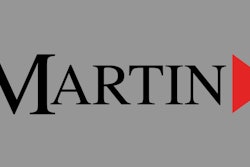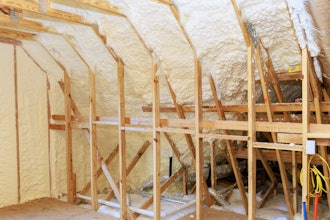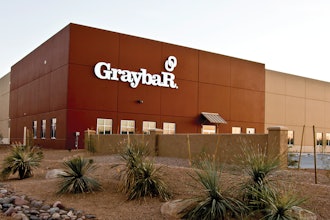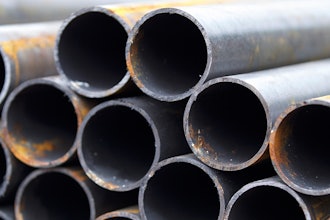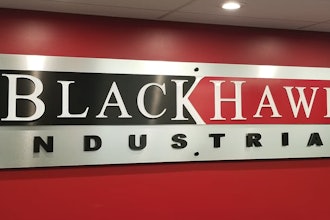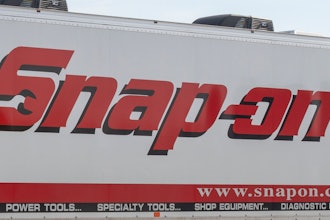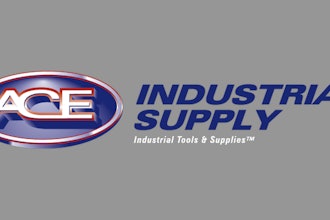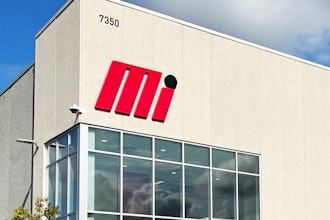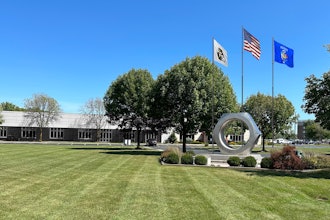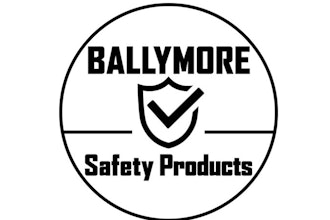The issue of purchasing counterfeit industrial parts has gone on for years. Recently, it's been exasperated by e-commerce, which has given counterfeiters endless new channels to profit poorly-made products from.
High-tech security figures to be the best way to combat counterfeit parts from reaching end users, and the U.S. Military appears to be on the forefront. Applied DNA Sciences (APDN) — a biotechnology firm that provides DNA-based authentication — announced in late August that it has signed a $3 million deal with the U.S. Department of Defense to use its SigNature botanical DNA marking technology as a method to prevent counterfeit vehicular equipment, bearings, piping, and tubing from infiltrating the supply chain. APDN now has a two-year contract with the DoD's Defense Logistics Agency.
This leads to the question, can the industrial distribution market make use of this or similar technology soon? Like how aerial drones were first an exclusively military-used service and now are on the brink of commercialization, perhaps DNA marking could become a widespread method for industrial distributors to ensure they're getting what they paid for.
Read how APDN’s SigNature DNA marking works here
After all, there's arguably no industry where counterfeit parts can have so costly a result than industrial distribution. Faulty bearings, tubing, or piping can lead to major accidents and disasters. The problem is what you can't see — the quality. Counterfeit products can't handle the same load or speed of their legitimate versions, or can just plain fail. Counterfeit suppliers' websites often look authentic, and the product itself usually looks and feels the same. Often the end user doesn't find out it's a fake until it's too late.
Eventually, perhaps DNA marking could be a distribution tool to help eliminate fake and faulty products from reaching consumers. While the technology wouldn’t necessarily help distributors ensure they are acquiring legitimate product from the manufacturer, it would be a barrier to stop bad product from leaving the warehouse.
Per APDN’s press release, the company said it will perform services such as "development, test and evaluation, field trials, and transition to government operations." So perhaps DNA marking is already heading toward broad application.
DNA marking has already shown to be a deterrent of counterfeit products in the and textiles markets. With a little more time, it could have the same stopping power in the industry supply market. Evidenced by APDN’s contract with the U.S. Military, the technology is well-capable of authenticating industrial parts as well. The big question is how long is it until the technology can be implemented in distribution centers.
What do you think? Could DNA marking be the answer to thwarting counterfeit industrial products from being distributed? What technology or best practices are you currently using to stop counterfeits?




